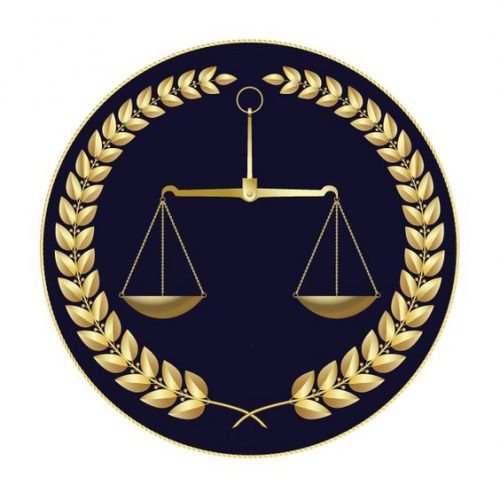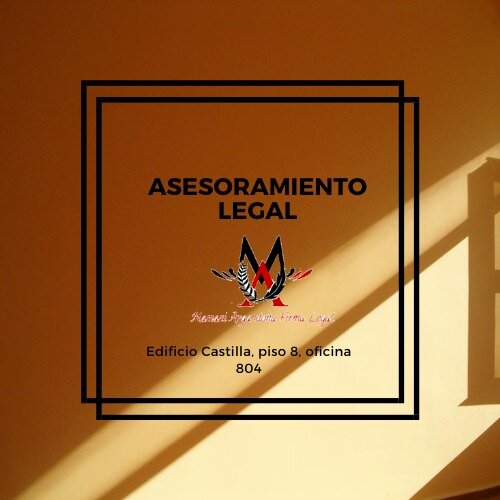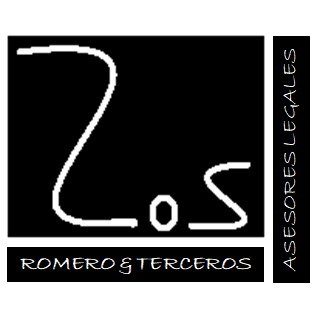Best International Lawyers in Bolivia
Share your needs with us, get contacted by law firms.
Free. Takes 2 min.
Or refine your search by selecting a city:
List of the best lawyers in Bolivia
About International Law in Bolivia
International law in Bolivia encompasses the country's adherence to treaties, conventions, and agreements that extend beyond national borders. Bolivia has integrated various international legal frameworks into its domestic laws, addressing issues such as trade, human rights, environmental protection, and anti-corruption measures. As a signatory to numerous international treaties, Bolivia balances its domestic laws with international obligations, making legal expertise essential for navigating these domains.
Why You May Need a Lawyer
Engaging with international law in Bolivia often necessitates legal assistance due to the complexity and varied scopes of international agreements and local interpretations. Common situations that may require legal help include:
- Resolving disputes involving international trade agreements.
- Navigating legal processes for foreign investments.
- Understanding international human rights obligations and claims.
- Addressing environmental regulations that pertain to international treaties.
- Complying with international anti-corruption and anti-bribery standards.
- Assisting expatriates and multinational companies with compliance and legal structures.
Local Laws Overview
Local laws in Bolivia that are pertinent to international contexts include regulations on trade and investment, environmental legislation, and human rights protections. Bolivia's constitution supports international law’s precedence in cases of conflict with national statutes. Specifically, Bolivia is part of agreements like the United Nations Convention on Contracts for the International Sale of Goods (CISG) and has environmental laws aligning with the Paris Agreement, emphasizing the importance of sustainable practices.
Frequently Asked Questions
What is the role of international treaties in Bolivia's legal system?
International treaties ratified by Bolivia hold the status of law within the country and often supersede domestic legislation should conflicts arise.
How are foreign investments regulated in Bolivia?
Foreign investments are regulated under national investment regulations that align with international standards to protect and promote foreign investor rights while ensuring compliance with Bolivian economic policies.
What international human rights protections exist in Bolivia?
Bolivia is a signatory to various human rights treaties, including the International Covenant on Civil and Political Rights and the International Covenant on Economic, Social and Cultural Rights, ensuring the protection and promotion of human rights within its jurisdiction.
How are international trade disputes resolved?
Disputes are generally resolved through arbitration or mediation, adhering to international standards set by organizations such as the World Trade Organization (WTO).
How does Bolivia handle environmental issues in an international context?
Bolivia complies with international environmental agreements, emphasizing sustainable development and the protection of biodiversity, as defined in treaties like the Paris Agreement.
What legal protections are available for international businesses in Bolivia?
International businesses can rely on bilateral trade agreements and international arbitration mechanisms to resolve disputes and protect their investments.
How does Bolivia approach intellectual property rights internationally?
Bolivia is a member of the World Intellectual Property Organization (WIPO) and adheres to international intellectual property treaties that protect creators and inventors.
Are there specific tax laws for foreign entities?
Yes, Bolivia has tax laws tailored for foreign entities, which often intersect with international tax treaties to mitigate issues like double taxation.
What is the impact of international anti-corruption laws on Bolivian businesses?
Bolivia's commitment to international anti-corruption laws requires businesses to comply with stringent reporting and operational standards to prevent fraudulent practices.
How are expatriates advised to navigate Bolivian laws?
Expatriates should seek legal counsel to understand the local regulatory environment and internationally influenced legal nuances affecting residency, employment, and business operations.
Additional Resources
For individuals seeking further assistance, consider reaching out to the following resources:
- Ministry of Justice and Institutional Transparency of Bolivia
- Bolivian Bar Association
- Bolivian Chamber of Commerce
- International non-profit organizations with a presence in Bolivia, such as the International Commission of Jurists
Next Steps
If you require legal assistance with international matters in Bolivia, consider taking the following steps:
- Consult with a qualified lawyer specializing in international law who is familiar with both Bolivian and international regulations.
- Gather relevant documents and information about your case or inquiry.
- Review your rights and obligations under any applicable international treaties or agreements.
- Attend legal workshops and seminars that offer insights into current international legal issues in Bolivia.
- Engage with local legal aid organizations or governmental bodies for advice or support if necessary.
Lawzana helps you find the best lawyers and law firms in Bolivia through a curated and pre-screened list of qualified legal professionals. Our platform offers rankings and detailed profiles of attorneys and law firms, allowing you to compare based on practice areas, including International, experience, and client feedback.
Each profile includes a description of the firm's areas of practice, client reviews, team members and partners, year of establishment, spoken languages, office locations, contact information, social media presence, and any published articles or resources. Most firms on our platform speak English and are experienced in both local and international legal matters.
Get a quote from top-rated law firms in Bolivia — quickly, securely, and without unnecessary hassle.
Disclaimer:
The information provided on this page is for general informational purposes only and does not constitute legal advice. While we strive to ensure the accuracy and relevance of the content, legal information may change over time, and interpretations of the law can vary. You should always consult with a qualified legal professional for advice specific to your situation.
We disclaim all liability for actions taken or not taken based on the content of this page. If you believe any information is incorrect or outdated, please contact us, and we will review and update it where appropriate.
Browse international law firms by city in Bolivia
Refine your search by selecting a city.

















